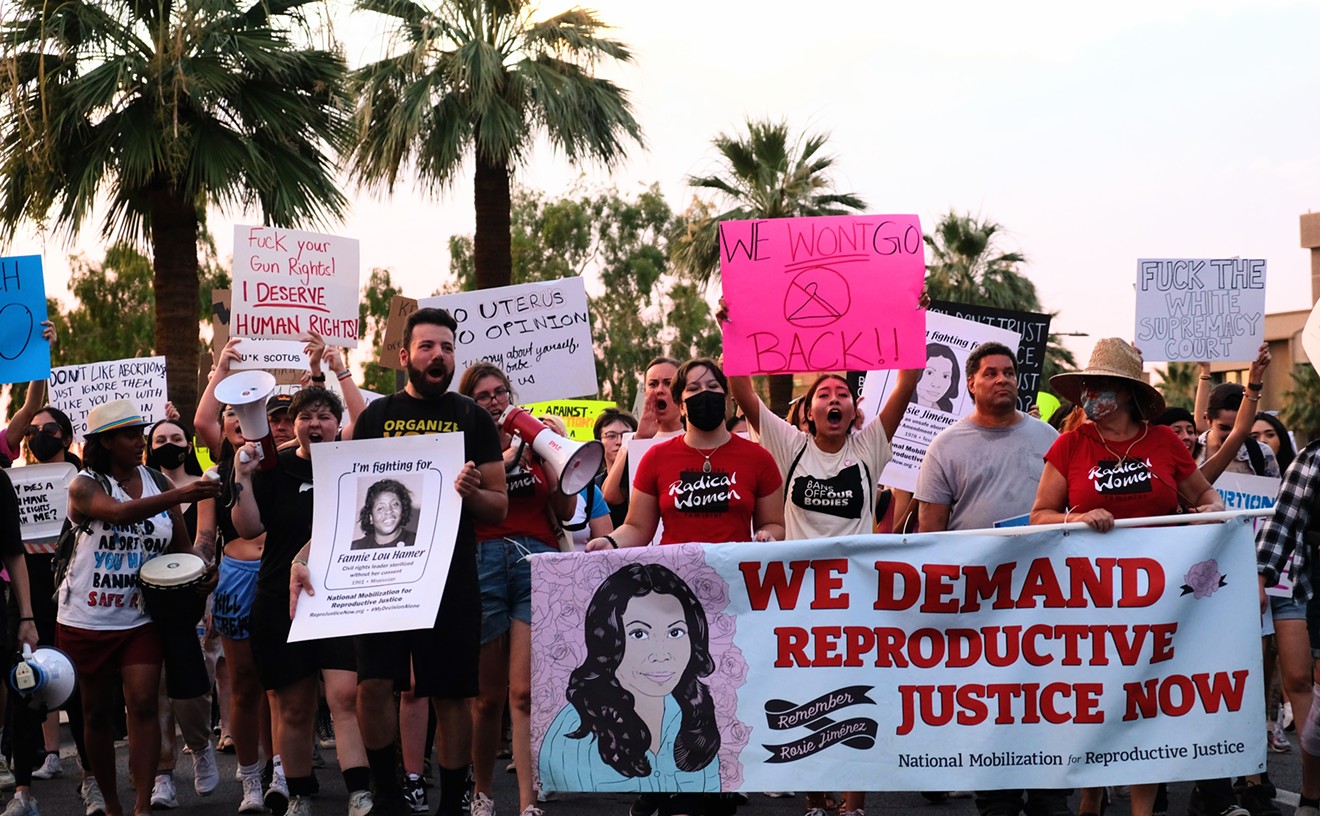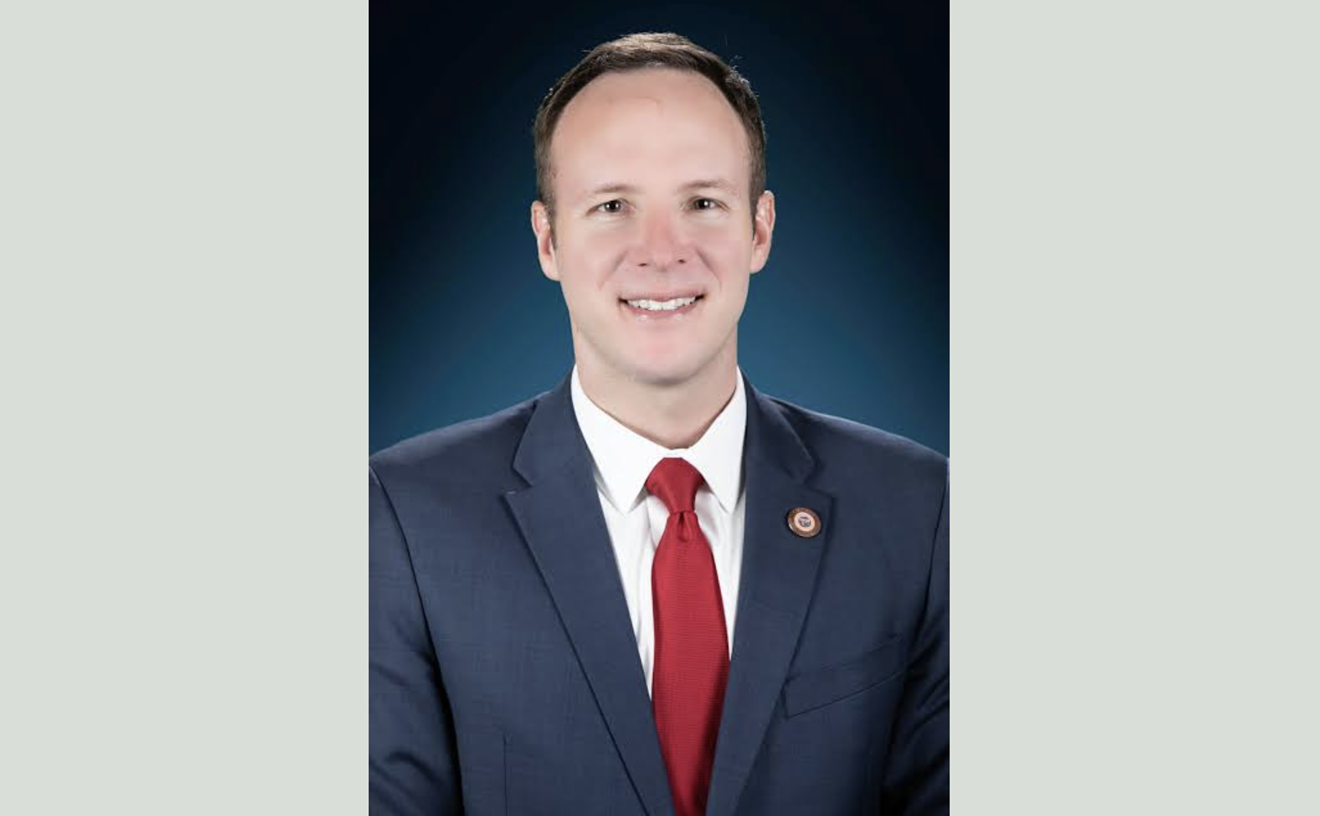For two years, Valentin says, he was unable to remember his own name. While he had once been an accomplished musician, his musicality had apparently been beaten out of him-he could no longer hold melodies in his mind; they were suddenly slippery, evasive, lost. Other parts of his personality seemed truncated, blasted away. He thought he would die in prison, and he started to write, to set down the routines of the gulag out of some dim compulsion. He never expected his writings, his poems and observations, to make a book. He never expected anyone to know what had happened to him.
A guard came one day to tell Valentin his mother had died. This guard was a "good guy," Valentine says, so he softened the news as best he could. He told Valentin he had been sent to tell him his "fucking whore bitch of a mother" had died. Valentin found the young guard's reluctance to go along with official cruelty touching, but that evening, the prisoner tore the sleeve of his shirt and knotted up a noose.
It was only a fluke that Valentin's suicide attempt was foiled. A guard dropped a packet of matches by the door of his cell, and when he returned to retrieve them he noticed Valentin was not in his bunk. He called for help, and the authorities burst in and cut him down.
Valentin recovered, and went back to his clandestine writing.
In 1988, Valentin was rehabilitated and released into the postglasnost USSR with nothing but a limp and a bicycle. The prison had taken six years of his life and a chunk of his soul, but in an odd way it had given him back his father. Prison culture preserved Victor Kravchenko's officially expunged story. Valentin Bodrov left the gulag wanting to know more about this hero of the cellblocks who shared his face.
VICTOR WON HIS SUIT against Les Lettres francaises. The Soviet witnesses, including his ex-wife Zinaina Gorlova, were made to look foolish, trapped by the testimony of former victims of Stalin who had wound up in the displaced-persons camps of American- or British-controlled Germany. Victor immediately started writing his second book, I Chose Justice, his own account of the trial.
In 1950, Andrew Kravchenko was born. Cynthia Kuser again employed complex machinations to "adopt" the child.
"Nobody knew my mother was pregnant," Andrew says. "She had gone to Albuquerque, and then to a little village...where a dear friend of hers was staying. This dear friend knew this Venezuelan woman who lived very close by-there was a friendship made."
When Andrew was two weeks old, he was left with the Venezuelan woman-his "mamacita"-for five or six months while Cynthia traveled back to New Jersey. She and Victor made at least one trip West to visit the baby before bringing him back to New Jersey.
"This was 1950," Andrew says. "She just couldn't be a single woman and have a child, so she organized a business arrangement with a man named Arthur Earle."
Earle, a businessman who owned an estate near the Castle Hot Springs resort, agreed to marry Cynthia-and not to interfere with her life. Both Andrew and his brother Anthony knew Victor as a family friend, the generous "Tato," whom they visited in New Hampshire and Manhattan.
"We'd visit him every year, unless he was out of the country," Andrew says. Andrew adds that he has strong memories of Victor, an Old World didactic in hand-tailored clothes, with tightly channeled reservoirs of feeling. Some of the "bigness" of Victor comes across in a four-and-a-half-minute play of gray light, an old Fox Movietone newsreel Andrew has transferred onto slinky, modern videotape. It is footage of the trial, and Victor's resemblance to Valentin is shocking, down to the communism-wrecked teeth. He is unmistakably Russian, confident, wide-smiling and handsome after a faintly dandified fashion.
Andrew sees Victor in Valentin, and himself in Valentin, and it frankly shakes him.
"Now I know why my father died friendless," he says. "He was as relentless, as driven, as Valentin is and as I am. It just drove people away. That's why my mother never married him: She just got tired of it."
Valentin can be exasperating. His mind is filled with some of the same European and Russian intolerances as Victor's was-he expects women to wait on him and for men to deny themselves "unmanly" comforts such as propping up their feet at poolside. In six months, he says he will speak English, but he will always be this brooding Russian expatriate, mourning a country he never really had.
IT HAS BEEN a rough weekend. Andrew, his bronchitis flaring, goes to bed early. Valentin, edgy and unable to sleep, watches movies on the VCR-a double bill of The Silence of the Lambs and Sea of Love. Chris Beattie, the interpreter, burns out and goes to bed after Hannibal Lecter strolls off into the Malaysian evening, and Valentin is left almost alone, with a blaring screenful of Al Pacino and Ellen Barkin. Communication proceeds haltingly; some English works, and some French, but mostly it's emphatic Russian and gestures. He is like a child, innocent and bored by the love scenes, and he misses the rat-a-tat action of Russian films.
There is also ennui in neon-lighted America, with its blond sex kittens, millionaires and motorbikes. Andrew says there will be, as the result of the work he and Valentin are doing, some revelations about Victor's life and death. More press conferences to come, lots of telephone calls to return.
The official version is that Victor committed suicide in New York in 1966, but that's what they said about Walter Krivitsky and any number of others. Certainly Victor was worthy of the KGB's wrath-in his files, Andrew has evidence that the KGB screwed up some business deals for him. Victor was always a bit paranoid, and it infected his writing. But his books, if one makes allowances for possible personal aggrandizement, were validated by history. Thirty years after the trial, the Les Lettres francaises editor responsible for the anti-Kravchenko articles, Claude Morgan, wrote in his autobiography, Don Quichotte et les autres, that "Kravchenko was right."
Morgan wrote that after Kravchenko's death he wished to salute the defector in print, "but it was as yet too early."
This "penchant for secrecy" might explain why Victor never told Andrew he was his father; perhaps he thought the boy would be safer not knowing the facts of his paternity. Perhaps Victor thought to mitigate the pain that might be caused if-when-the KGB caught up with him.
Andrew knew, however. His older brother, Anthony, told him who their father was in 1964. It made him angry at Tato and Cynthia. It brought on some adolescent fury that has only begun to subside now that Valentin has moved into his house, with all his fuss and noise.
"I just couldn't understand why I was never able to embrace Victor as a father," Andrew says. "You can't look at Valentin without seeing Victor; the resemblance is remarkable. And he has a lot of Victor's stubbornness, his chauvinism, his Russianness."
For Valentin, however, Victor is an icon, totemic as the statues of Lenin that until recently pimpled his country. In Valentin's mind, Victor has been absolved and rehabilitated; he is no longer the traitor and the liar, but a heroic truth-sayer. He is proud of his father, though his father abandoned him long before his defection.
"I have told my story," Victor wrote near the end of I Chose Freedom. "The killers who profess to serve `forward-moving humanity' may in time succeed in `erasing' me. The borrowed time may be used up. But they cannot erase this record, dedicated to the long-suffering Russian people from whom I have sprung. I dare to hope that one day they may enjoy real freedom and real economic democracy."
Other than that, Victor Kravchenko is unavailable for comment.
part 3 of 3










